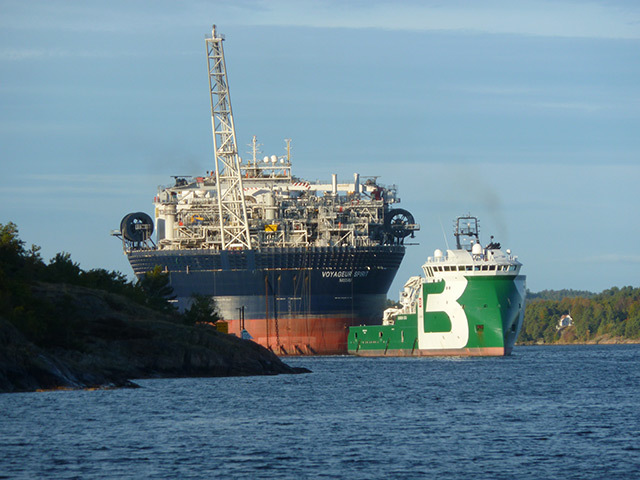
A trouble-hit North Sea field is facing more problems.
The Huntington oil field is producing at about 40% of capacity due to issues with BP’s CATS pipeline, which comes ashore at Teeside.
Norwegian oil firm Noreco said it was unclear when output at the small field, which is operated by German utility E.ON could be ramped up.
Noreco’s share of Huntington’s production was 3,391 barrels of oil equivalent per day in September. This would bring Huntington’s total output to some 17,000 boe per day last month.
But the field has the potential to produce 40,000 boe per day, Noreco said last month.
E.ON, which also pumps some gas out of the field, must ship some of that gas via the CATS gas pipeline to be able to produce oil.
The capacity to do so is limited, however, by constraints on the pipeline, Noreco said.
“It still is CATS that is the problem. We expect further information from the operator in the coming days,” Noreco chief executive Svein Arild Killingland said.
Noreco has a 20% stake in the field, alongside Premier Oil (40%), E.on (25%) and Iona Energy (15%).
The Central Area Transmission System (CATS) is a 251 mile pipeline that transports gas from the North Sea to Teesside in northern England.
A major gas pipeline for Britain, it can handle more than 48 million cubic metres of gas per day.
Earlier this year the Health and Safety Executive (HSE) has stopped work on the Huntington field.
Officials stepped in amid concerns about ventilation during low winds on the Voyageur Spirit floating production vessel.
The problem has since been resolved.
Recommended for you
